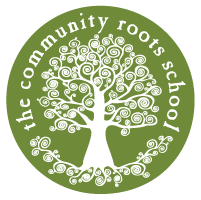Montessori Principles of Education
Curriculum revolves around a fundamental belief that each child has an instinctive and spontaneous desire to learn
The Montessori method of education began in 1906 by Dr. Maria Montessori and was based upon her scientific observations of a group of 60 young children of working parents in Rome. In response to Dr. Montessori’s repeated observations of the children’s almost effortless ability to absorb knowledge from their surroundings, as well as their tireless interest in manipulating materials, she developed educational equipment, exercises and methods to encourage how the children learn “naturally.”
In a Montessori environment, through collaboration with observant teachers who assist with goal-setting and assure steady achievement, children move themselves towards learning.
The Montessori approach offers a broad vision of education as an aid to life. Montessori education is designed to help children’s educational development as they grow from childhood to maturity. It succeeds because it draws its principles from the natural development of the child.
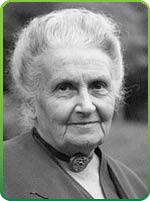
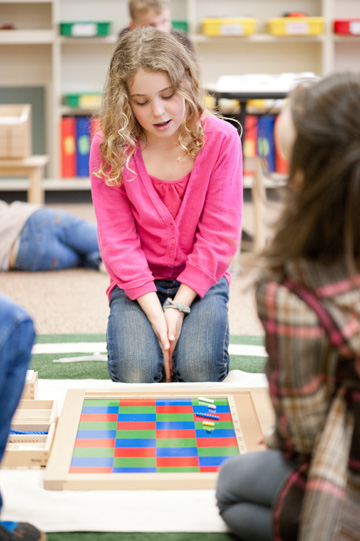
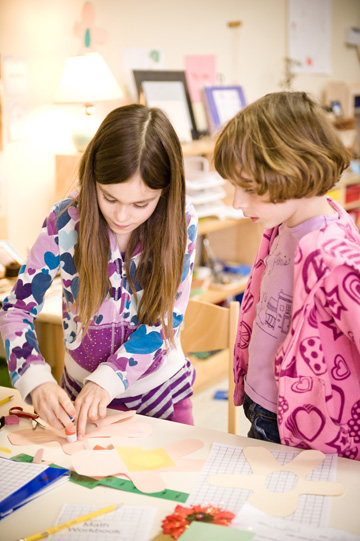
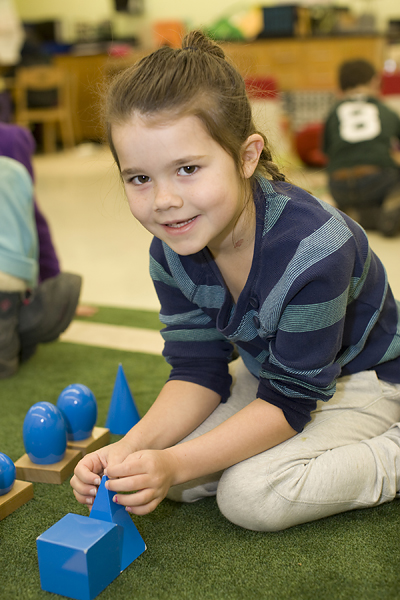
Montessori in the Classroom
- The inherent flexibility allows the method to adapt to the needs of the individual, regardless of the level of ability, learning style, or social maturity.
- Montessori classrooms provide a prepared environment where children are free to respond to their natural drive to work and learn. The children’s inherent love of learning is encouraged by giving them opportunities to engage in spontaneous, meaningful activities under the guidance of a trained Montessori teacher.
- Through their work, the children develop concentration, motivation, persistence, and discipline. Within this framework of order, the children progress at their own pace and rhythm, according to their individual capabilities.
Recommended Introductory Reading
Lillard, Angeline Stoll. Montessori: The Science Behind the Genius. New York: Oxford University Press. 2005. An in-depth treatment of current scientific research regarding how children learn best.
Lillard, Paula P. Montessori Today. New York: Random House. 1996. Outlines the Montessori philosophy from birth to adulthood then focused on Montessori elementary education, spanning the child’s years from 6-12.
Have More Questions?
Please don’t hesitate to contact us. Thank you for your interest in our school. We hope to see you soon!
Non Discrimination Notice
The Community Roots School prohibits discrimination and harassment on any basis protected by law, including but not limited to, an individual’s perceived or actual race, color, religion, sex, sexual orientation, national or ethnic origin, marital status, age, mental or physical disability, pregnancy, familial status, veterans’ status, or because of the race, color, religion, sex, sexual orientation, national or ethnic origin, marital status, age, mental or physical disability, pregnancy, familial status, veterans’ status of any other persons with whom the individual associates.
Title IX
Students or families who believe they have been discriminated against or harassed based on any of the characteristics listed above may file a complaint with our Title IX Coordinator who has been designated to handle inquiries regarding the non-discrimination policies.
Our Title IX Coordinator, Christen Kelly can be reached via email at kelly_christen@silverfalls.k12.or.us or by phone (503) 874-4107.
